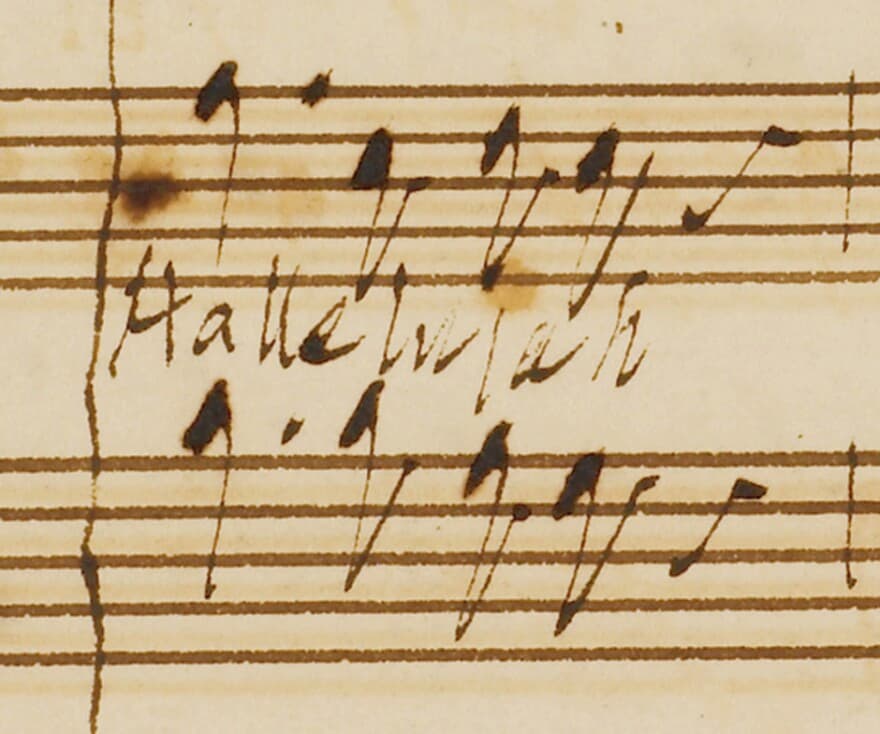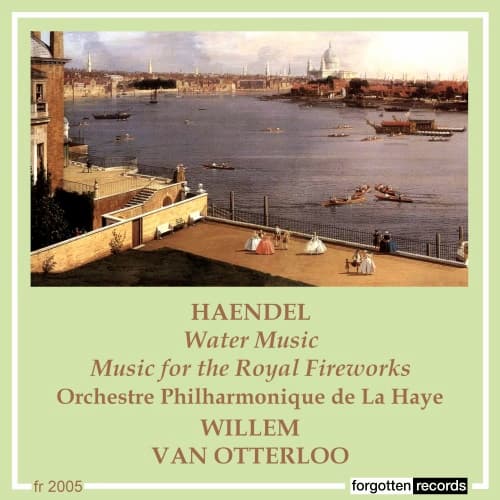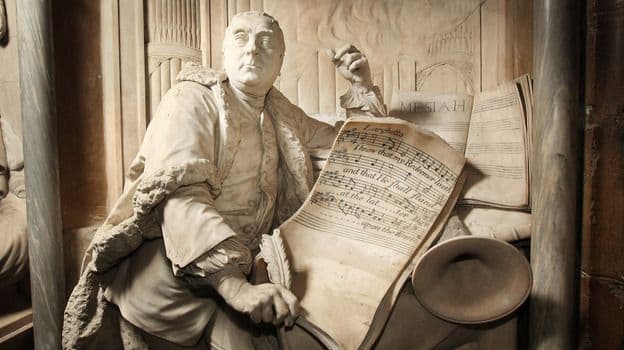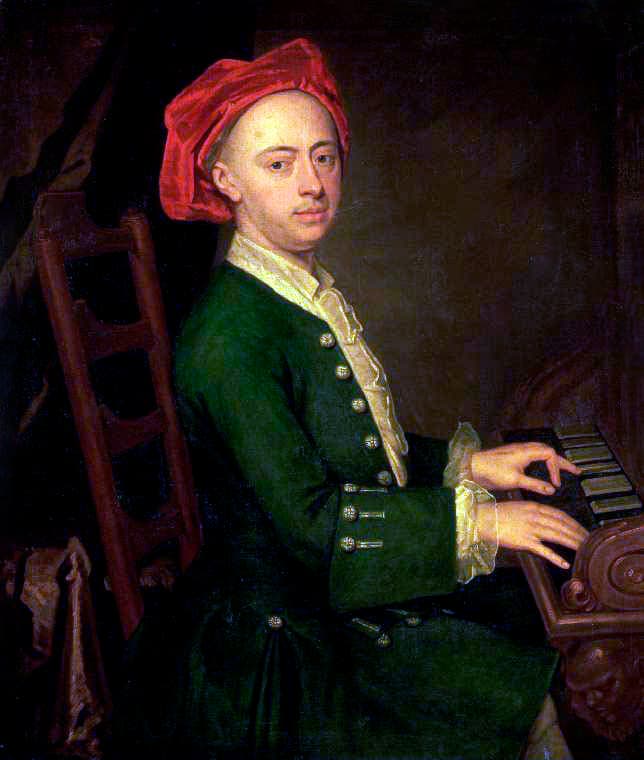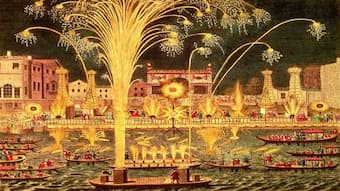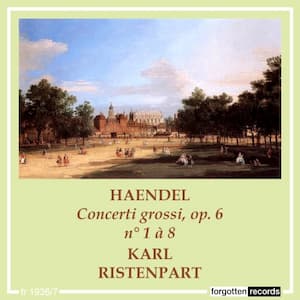Listening to a performance of Handel’s Messiah has long been an Easter tradition in many parts of the world. It is undoubtedly one of the composer’s most popular and enduring works, as it features three distinct parts: the Prophecy of
Handel
When George Frideric Handel (1685-1759) first arrived in London in 1711, it was to oversee the staging of his new Italian opera Rinaldo. At the time, he was employed as the Kapellmeister in Hanover but was permitted to take 8
George Frideric Handel (1685-1759) was one of the all-time great composers. Restless and resourceful, Handel was a workaholic musician of great charisma with a genius for invention. For most of his life—at least during his time in London—Handel operated as
The Austrian poet and novelist Rainer Maria Rilke wrote, “Fame is nothing but the sum total of misunderstandings that cling to a name.” George Frideric Handel (1685-1759) is almost universally acknowledged as one of the greatest composers of his age,
To celebrate the treaty of Aix-la-Chapelle, which ultimately ended the War of Austrian Succession, King George II of Great Britain hosted a gargantuan festival on 27 April 1749. Citizens from all corners of the kingdom arrived in London to witness
The Fishamble Street Musick Hall in Dublin was abuzz with jittery electricity on 13 April 1742. The musical superstar George Frideric Handel was ready to present his oratorio Messiah to the public, and the audience reached a record 700 listeners.
In the Baroque era, the Concerto grosso, the big concerto, was the workhorse genre. Unlike a regular concerto where one soloist contrasted with the orchestra, in a concerto grosso a small group of soloists, known as the concertino alternates with
I am sure you have heard numerous piano students slugging their way through the final movement of George Frideric Handel’s Suite No. 5 in E major. This particular movement has gained notoriety because it carries the imaginative nickname “The Harmonious

